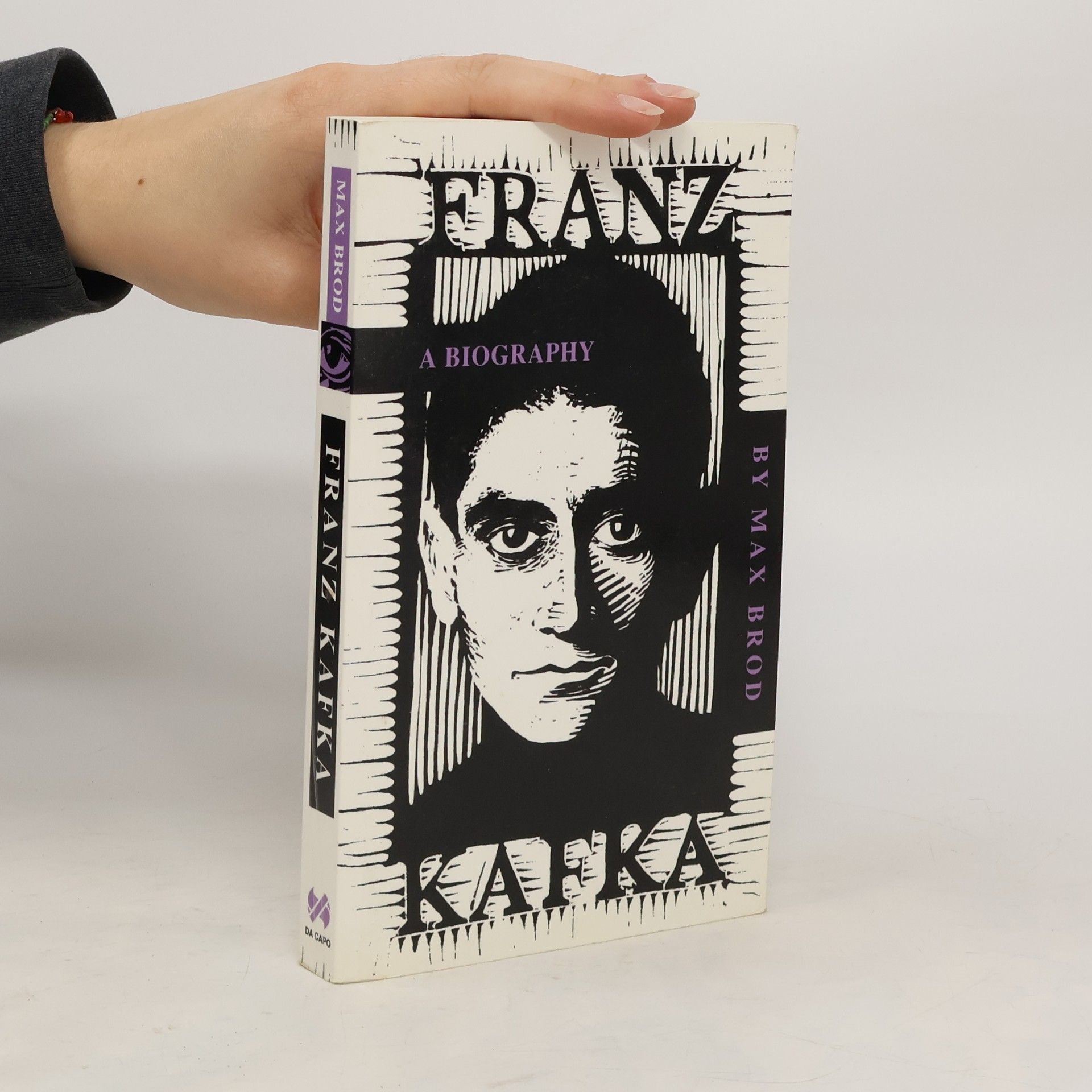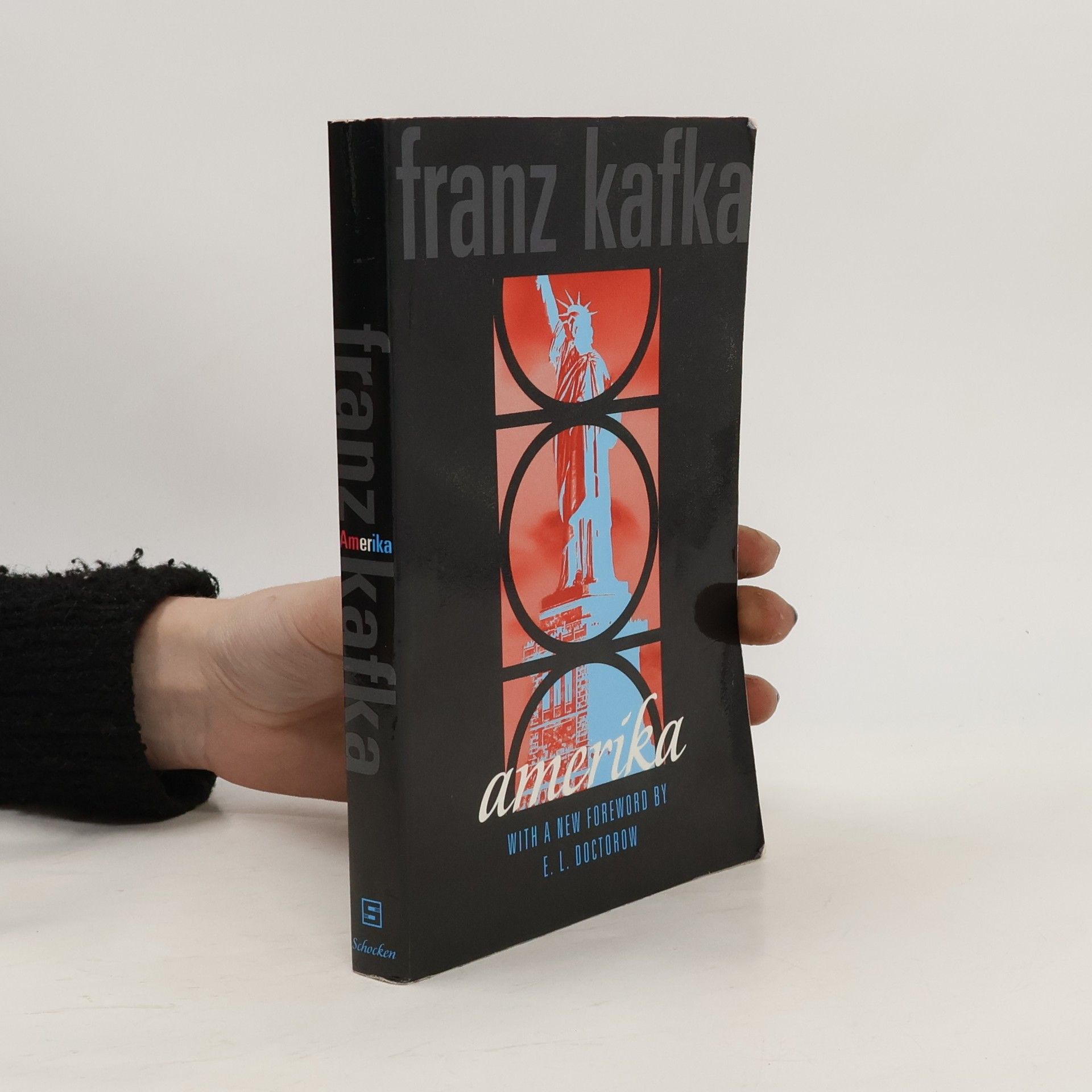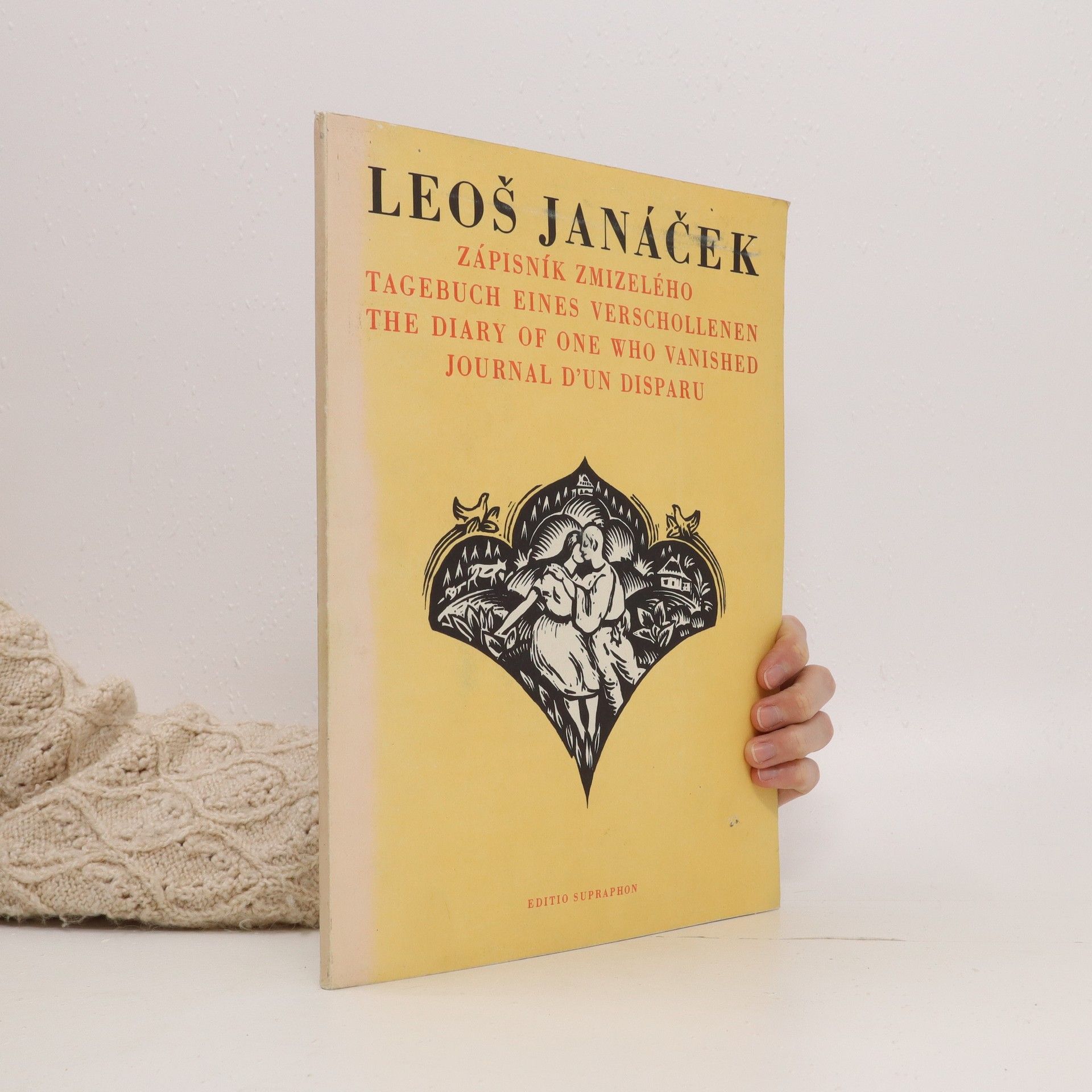Kafka's diaries cover the period from 1910 to 1923 and reveal the inner world in which he lived. He describes his fear, isolation and frustration, his feelings of guilt and his sense of being an outcast. He also describes the father he worshipped and the woman he could not bring himself to marry.
Max Brod Boeken
Max Brod, een levenslange vriend en literaire executeur van Franz Kafka, was zelf een getalenteerd auteur, componist en journalist. In plaats van Kafka's instructies op te volgen om zijn ongepubliceerde werk te verbranden, publiceerde Brod het gewetensvol, waarmee hij zijn blijvende plaats in de literatuur verzekerde. Zijn eigen productieve oeuvre, hoewel significant, wordt vaak overschaduwd door zijn cruciale rol in het veiligstellen van de nalatenschap van een van de belangrijkste schrijvers van de 20e eeuw.





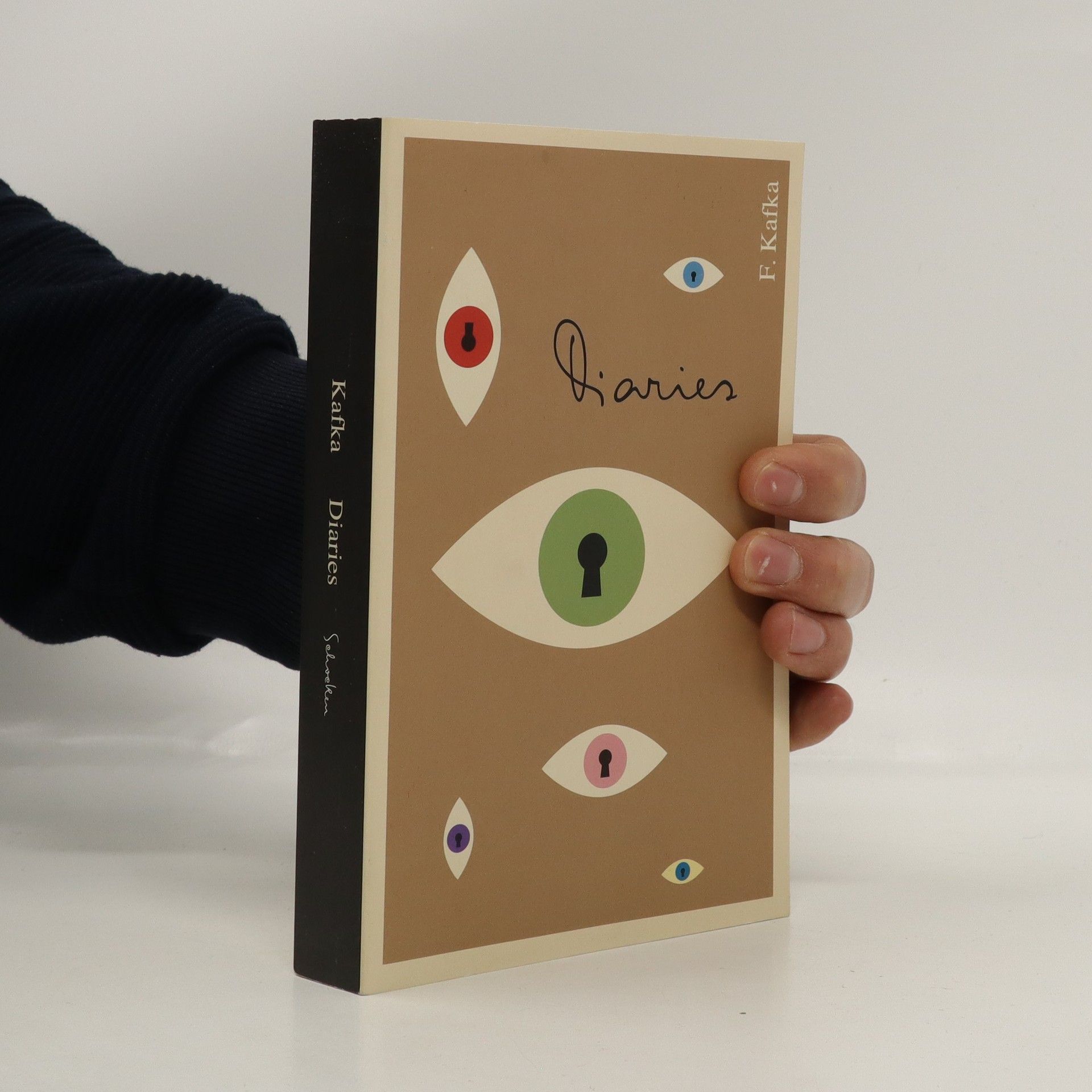
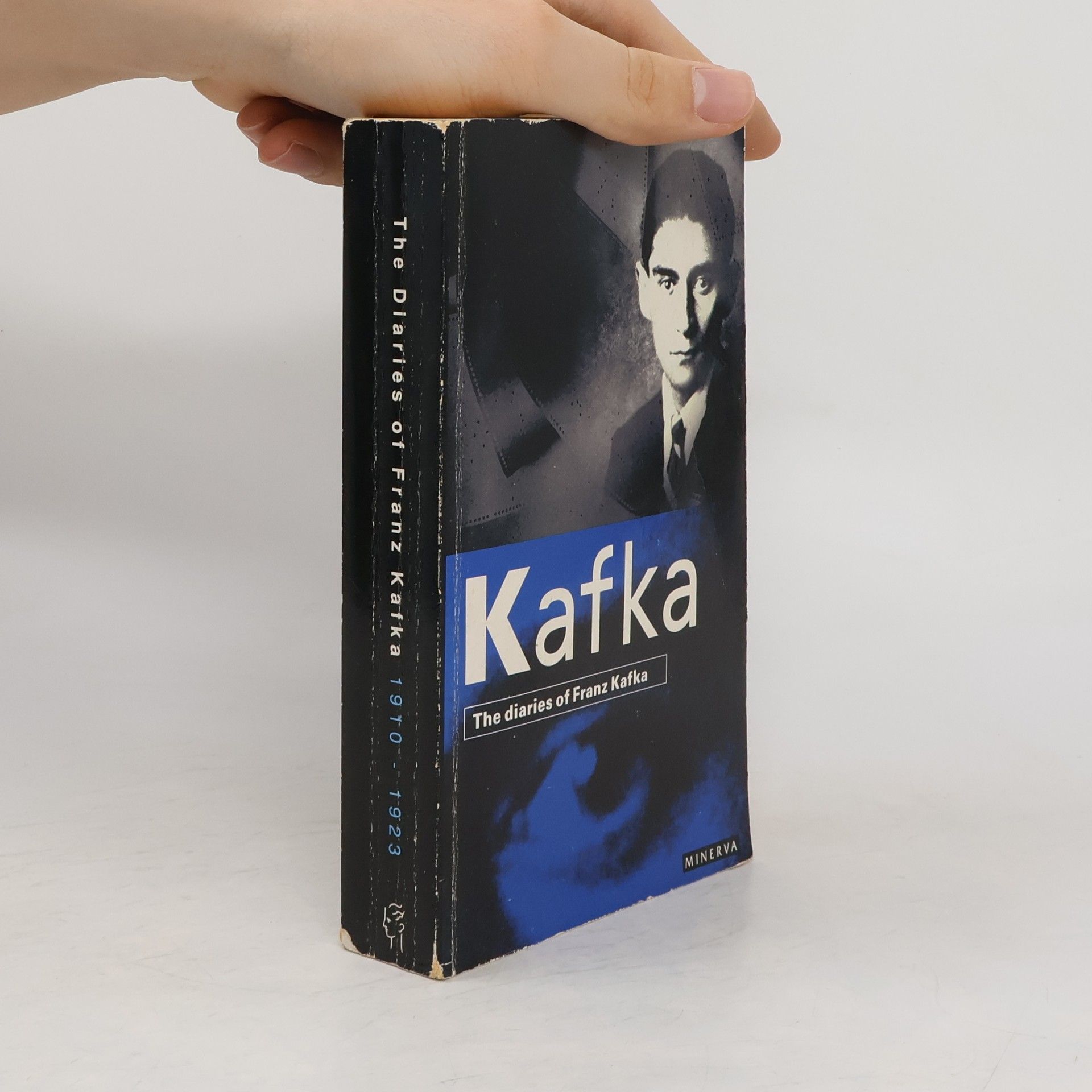
These diaries cover the years 1910 to 1923, the year before Kafka’s death at the age of forty. They provide a penetrating look into life in Prague and into Kafka’s accounts of his dreams, his feelings for the father he worshipped, and the woman he could not bring himself to marry, his sense of guilt, and his feelings of being an outcast. They offer an account of a life of almost unbearable intensity.From the Trade Paperback edition.The Diaries of Franz Kafka 1910-13 translated from the German by Joseph KreshThe Diaries of Franz Kafka 1914-23 translated from the German by Martin Greenberg with the cooperation of Hannah Arendt
The Diaries of Franz Kafka 1910-1913
- 350bladzijden
- 13 uur lezen
The diaries offer an intimate glimpse into Franz Kafka's thoughts and experiences from 1910 to 1913, revealing his creative process and personal struggles. This collection serves as a valuable resource for fans, providing deeper insights into the mind of one of the 20th century's most influential writers.
The trial
- 256bladzijden
- 9 uur lezen
First published in 1935, The Trial is a classic story of totalitarianism, sadism, and hysteria. With a labyrinth of meanings, author Franz Kafka explores the dark lives of killers.
Concerns the relationship between the great Danish astronomer and the younger, intellectually superior Johannes Kepler. This book talks of a conflict that becomes an emblem of the struggle between a weakened tradition and a self- conscious modernity. It conveys the intimate, emotional reality of a seventeenth-century political conflict.
Max Brod, a successful novelist, was a boyhood companion of Kafka's and remained closely tied to him until Kafka's death in 1924. He was undoubtedly the one man whom Kafka trusted more than any other, and it is to Brod, as his literary executor and editor, that we are indebted for rescuing and bringing to light Kafka's work. Out of a lifelong devoted friendship, Brod drew this account of Kafka's youth, family and friends, his struggle to recognize himself as a writer, his sickness, and his last days. Franz Kafka gives us not only a more vivid and lifelike picture of Kafka than that painted by any of his contemporaries, but also a fascinating portrayal of the complicated interaction between two writers of different temperaments but similar backgrounds who together helped shape the future of twentieth-century literature.
The first ever translation of Max Brod’s novel (originally published in German in Berlin, 1911) which portrays the prosperous and settled world of assimilated Prague Jewry before the First World War – the world not only of Max Brod but also of his life-long friend, the writer Franz Kafka.Although now overshadowed by Kafka’s success, Brod was an accomplished and prolific author in his own right. This novel is set in the spa town of Teplitz (Teplice) and is a cameo of he lives of prosperous Jewish families before the First World War. It draws a compelling and poignant picture of the normal everyday lives of its characters, so touchingly unaware of the traumas to come in the following decades when their communities would be shattered beyond repair.
Depicts the tragicomic misadventures of a young immigrant in New York.
